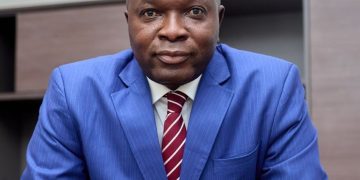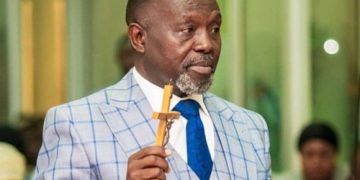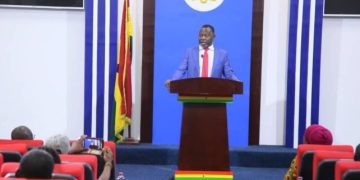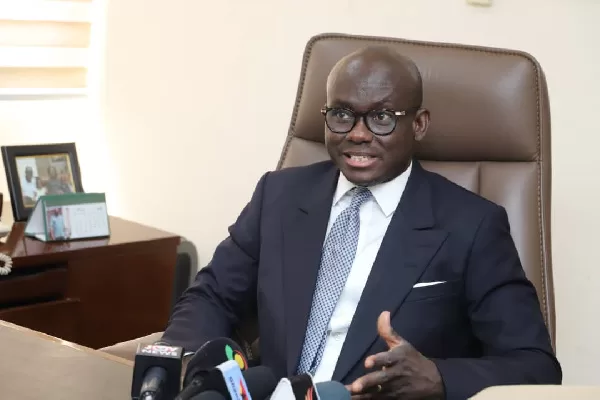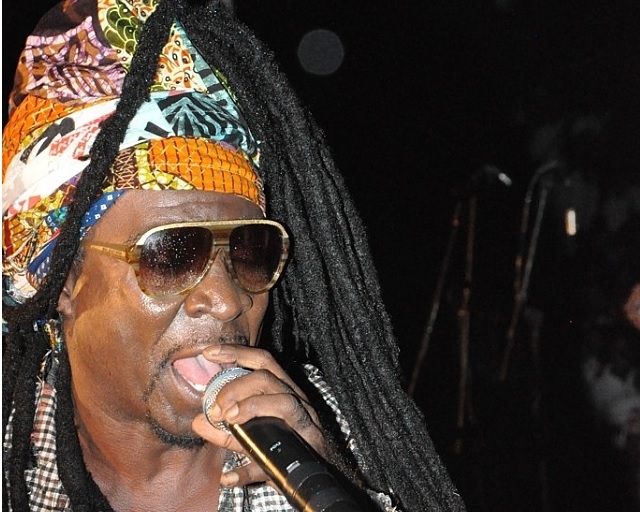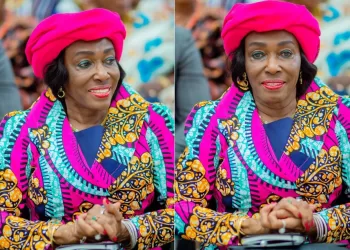The Attorney General, Godfred Yeboah Dame has expressed dissatisfaction at a High Court judge’s reliance on what the former considers “irrelevant factors” in arriving at a decision to start a case de novo (afresh).
He also disagreed with the trial judge’s decision to place premium on the time-tested principle under common law that a person is innocent until proven guilty.
The Attorney General is therefore at the Appeal’s Court praying it to get the High Court judge to reverse the order to restart an over five years trial that has been reassigned to him.
The former COCOBOD Chief Executive, Dr. Stephen Opuni and businessman Seidu Agongo as well as Agricult Ghana Limited, are facing 27 charges, including willfully causing financial loss to the state and contravention of the Public Procurement Act in the purchase of Lithovit liquid fertiliser between 2014 and 2016.
Following the retirement of Justice Clemence Honyenuga who was presiding over the case since 2018, the Chief Justice reassigned the matter to another judge – Justice Kwasi Anokye Gyimah.
The new trial judge, Justice Gyimah, abreast himself with the fact that the case was “replete” with numerous applications challenging how Justice Honyenuga (retd) conducted himself while presiding over the matter.
“The accused persons have time and again complained about the fairness of the trial so far and that is one of the reasons why they are vehemently opposed to the adoption of proceedings in this matter,” Justice Gyimah said on April 4, 2023 while ruling on an application by the prosecution asking him to adopt proceedings of the previous judge.
“If I adopt the proceedings, I am basically adopting every act and decision that has been taken by the previous judge in the matter and I will be saddled with the same suspicions and allegations of unfairness that have been levelled against the current state of the proceedings,” he acknowledged.
Justice Gyimah also made reference to section 80(2) (a) of NRCD 323, which states that one of the factors a court is enjoined to look at when assessing the credibility of a witness is the witness’ demeanour.
“Much as that may be the right position, in a criminal trial where the liberty of the accused is at stake and where the accused is by law presumed innocent and also entitled to a fair trial, any factor, however minimal or insignificant its effect, that will enhance the opportunities for the fair trial of an accused person should not be overlooked by the court.”
But the Attorney General, Mr. Godfred Dame in an application for appeal filed on April 18, 2023 on his behalf by the Director of Public Prosecutions, Mrs. Yvonne Atakora Obuobisa argued that Justice Kwasi Gyimah “misdirected himself” in the application of the principles regarding adoption of evidence in a trial.
He said trial judge erred when he placed “undue premium” on the need to assess the demeanor of the witnesses called in the ongoing trial.
“The learned judge in relying on irrelevant factors already disposed of by the Superior Courts, unfairly gave the accused persons a second bite at the cherry,” the writ further said.
PRESUMPTION OF INNOCENCE
The prosecution further stated, “The learned judge erred in ignoring the right and duty of the Republic to efficiently prosecute crime and placing premium on the presumption of innocence of the accused person.”
According to the Attorney General, issues of unfairness raised by the accused have been dealt with, and that the decision of the trial judge to start the trial de novo “has occasioned a miscarriage of justice as it will hinder an efficient trial of the accused persons in the instant case”.
Mr. Godfred Dame is therefore asking the Appeal’s Court to set aside the ruling directing that the trial be started de novo and a further order that evidence led at the trial so far be adopted by the trial judge.
“The learned judge ignored the point that the only motion pending before the trial court was an application for the previous judge to recuse himself which had been rendered moot by the judge’s retirement and subsequent placement of the case before the learned judge.
“The learned trial judge exercised his discretion wrongly in arriving at a conclusion that, he will be ‘saddled with the same suspicions and allegations of unfairness levelled against the current state of proceedings’, which have already been dealt with by the Supreme Court,” his notice of appeal read.
The Attorney General also argued that the decision of the trial judge to start the trial de novo has “occasioned a miscarriage of justice”, noting that it will hinder an efficient trial of the accused persons.
The court is set to hear the appeal on May 3, 2023.
Meanwhile, the High Court has ordered the parties to file statements they want to rely on in the trial by April 21, and slated April 25 for case management.


